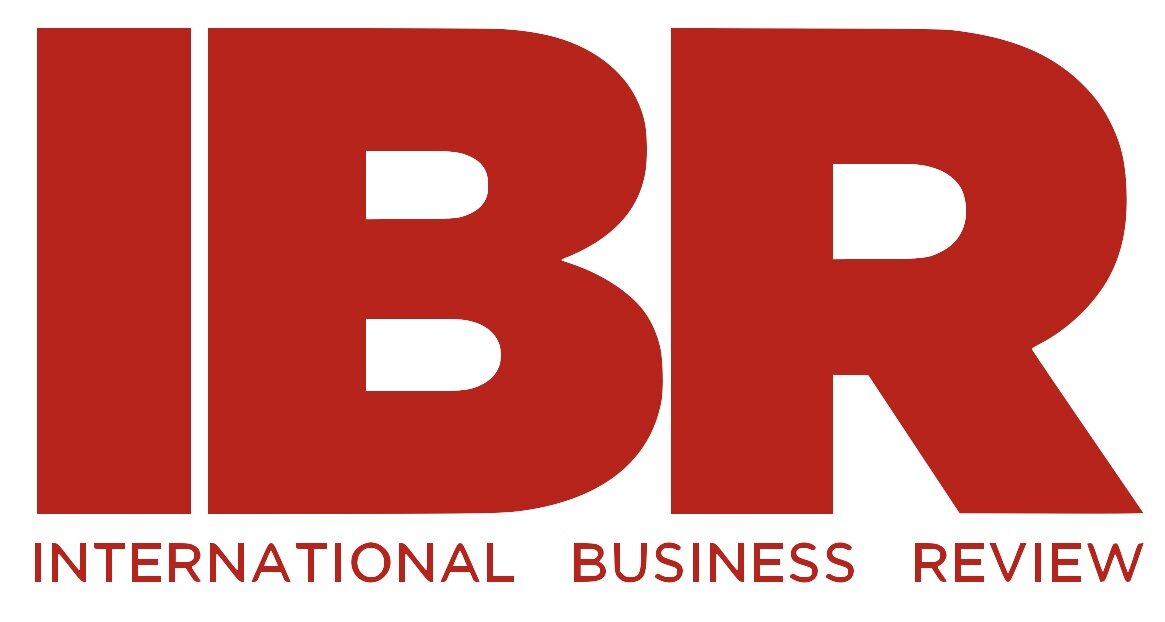Skynet is real, and it’s hogging Hamilton tickets
The story of government and technology is that of the turtle and the hare except, in this version, there’s a more predictable outcome—the hare leaves the turtle eating dust. From Airbnb to Uber, technology driven businesses are rapidly revolutionizing marketplaces through legally questionable means, and, as the government furiously plods towards a solution, consumers are frequently trampled in the tech industry’s mad dash towards the future with entertainment lovers among the victims.
Scalpers, once relegated to standing outside stadiums, waving tickets in the air, have become sophisticated brokers, using complex software called Ticket Bots to buy and manage incalculable quantities of tickets for just about every venue and every type of entertainment. Defenders of scalping argue that a ticket is a ticket, and that scalpers do provide a service—they buy up tickets when they come on sale, then sell them to devoted fans at a more convenient time, adding on a markup for the service. Perhaps, this could be a good system, a way for those not at a computer at the time of the sale to get tickets. The problem is that, according to a report by the Attorney General of New York, the premiums for this “service” have grown to as much as 7,000% of the face value.
It’s not like there’s even much of another option for consumers either. For some venues, 60-90% of desirable seats are snatched up by illegal bots before slow-moving humans can even load the webpage. These bots work so quickly that scalping businesses can grab hundreds of tickets a minute, amassing thousands of tickets per venue. In fact, these scalpers are so certain that their bots will get to tickets before humans that they sell them before they even go on sale, listing them as “speculative tickets” on sites like StubHub. To make matters worse, on the off chance that they don’t get the tickets, brokers simply give customers a different ticket or no ticket at all.
But how exactly are these bots able to dominate the system so effectively? Turns out bots actually do a lot more than just automate the transaction process. Bots are programmed to continually monitor sites for sales, then make lightning-fast transactions. In order to do this, however, they need to get past an array of securities meant to block them out. Most defenses are relatively easy to overcome and are defeated by a combination of the bots’ speed and access to multiple, sometimes hundreds, of IP addresses, credit cards, and fake names. The most significant barrier for bots, however, is the CAPTCHA program, which presents customers with a distorted image and requires a correct entry to proceed, but even this isn’t bot-proof. The more sophisticated bot programmers, using optical character recognition, have trained their bots to recognize thousands of different CAPTCHAs, while others rely on an army of cheap labor to type in security phrases for CAPTCHAs sent to them by the bots.
All this work seems to pay off for the brokers. A small one-man operation run by a college student, using bots purchased overseas, some credit cards, and some fake names was able to generate $1.4 million from events in New York in 2014. And, on the other end of the spectrum, a large-scale broker, who used multiple sophisticated bots, generated $42 million in 2013. With such massive revenues, it becomes clear that the resale industry needs to be better regulated, or brokers will continue to gouge customers with multiples like the ones used for Pope Francis tickets which were, technically, infinity %, as the tickets were given away for free but resold by scalpers for hundreds or thousands of dollars.
Scalpers, however, dismiss arguments of abuse, claiming that they’re simply optimizing the market and raising prices so that demand meets supply. But, with bots in the picture, the situation is less of that of a free market and more of a hostage situation where scalpers, with a monopoly on the supply of tickets, hold beloved venues ransom and cancel out any goodwill that artists might try to show fans by selling cheap tickets.
To combat abusive scalping, legislatures have begun to erect more effective barriers against such tactics, like criminalizing bot use. However, slow-moving governmental bodies still have little effect on brokers who use more and more sophisticated technology to evade restrictions at every turn. To defeat illegal and immoral scalping tactics, many officials and artists are advocating sweeping changes that would mandate that vendors do more to uncover illegal scalping and make the ticket market, overall, more equitable. Among the artists who have voiced their support for reformative legislation is Lin-Manuel Miranda, star and writer of Hamilton, who, perhaps, put it best when he wrote in an op-ed for the NYTimes, “You shouldn’t have to fight robots just to see something you love.”

